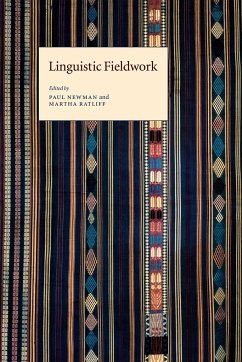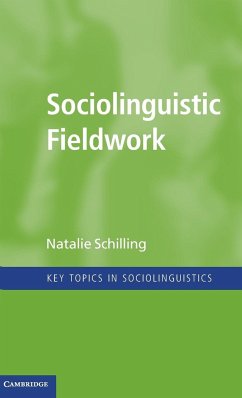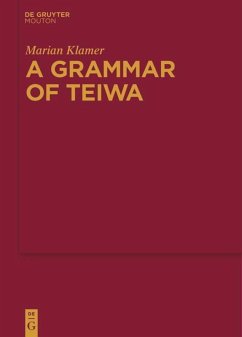
Semiotics and Fieldwork
Versandkostenfrei!
Versandfertig in 1-2 Wochen
43,99 €
inkl. MwSt.

PAYBACK Punkte
22 °P sammeln!
Ethnographic fieldwork and formal linguistic analysis have traditionally been thought to be diametrically opposed. In this provocative analysis Peter Manning argues that these methods of qualitative research are complementary. After examining the potential benefits and limitations of each method of analysis, the author shows how a synthesis of the two is more powerful than either alone.














